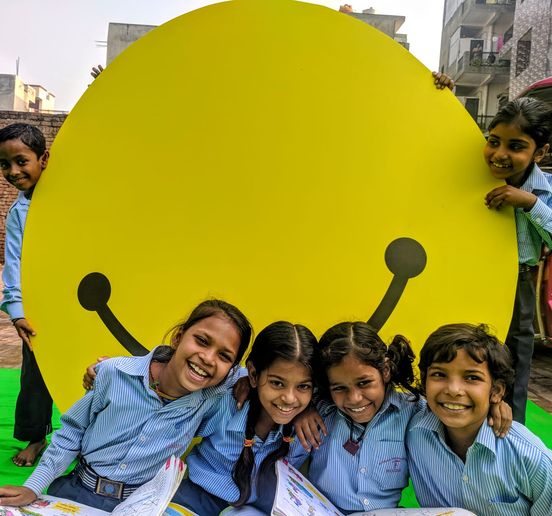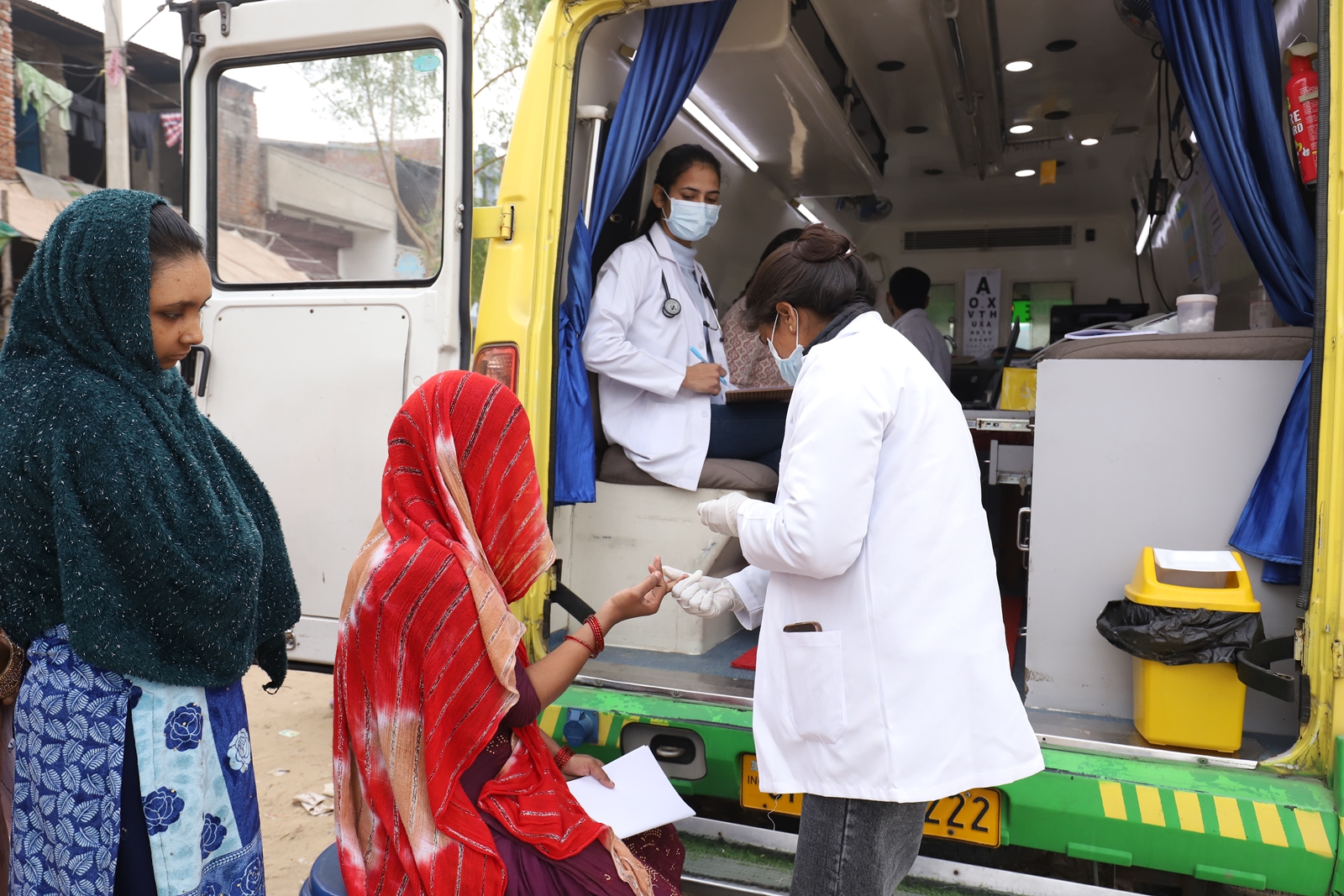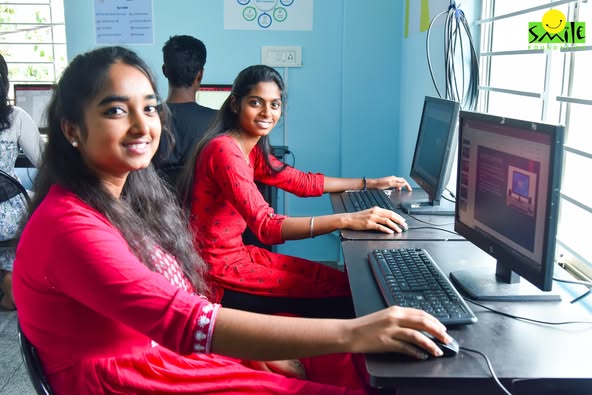Whether you are building an organisation or a nation, what is most essential for you is human capital. It is through the knowledge, skills and abilities of individuals that organisations and nations develop. Human capital is a crucial factor for both personal as well as societal growth. For example, a nation with high-quality human capability is likely to have more creative expression which can add to its overall growth.
Now, to cultivate and enhance this human capital, the best tool that we have is education. It is only through quality education that we can impart necessary skills in people so that they can enable societal growth. This is especially true for a country like India which has a large human capital. If India wants to reap the benefits of having a huge human capital, it needs to invest heavily in education.
So, exactly what’s the role of education in human capital formation?
The foundational knowledge
Most formative time for any individual is their childhood years. It is during this time that a strong foundation for lifelong learning and growth can be set. Quality preschool programmes lay the foundation for cognitive, social and emotional development. These early experiences shape a child’s future learning trajectory. This is why we need access to high-quality schools, colleges and universities for our population because that is where they receive structured education.
Not just academic knowledge, but individuals also learn critical thinking and discipline in these institutions. Formal education equips individuals with the tools needed to navigate the complexities of the modern world. And then, one must always remember that in today’s fast-changing world, education does not just stop after one graduates from a college. It is, instead, a lifelong process. Lifelong learning—through workshops, online courses and continuous skill development—ensures that human capital remains relevant and adaptable throughout life.
Role of education in individual talent and capabilities
Imagine you are participating in a contest, and you have to find people to be a part of your team. Let’s say the contest is about ideating and launching a business. What kind of individuals will you look for? It is highly likely that you will try to find a diverse pool of talented and capable individuals to join your time. You may need someone who understands marketing, someone who knows product design and someone who is good at social media.
This is a good example of how human capital works. If you need a quality human capital for a contest, imagine the kind of difference talented and capable individuals can make for an economy. And the best way to nurture these diverse talents is through education. It can be formal education, informal education, or a combination of both. Whether it’s artistic creativity, scientific curiosity or entrepreneurial acumen, schools and colleges provide platforms for students to explore and develop their unique abilities.
At the same time, skill acquisition, upskilling and reskilling are central to developing human capital in today’s world. Skills such as programming, communication, problem-solving, teamwork, leadership, etc., are constantly evolving today because of the rapid changes in technology. Therefore, a good human capital can only be sustained through constant upskilling and reskilling of individuals.
Lastly, we cannot forget the role of education in empowering women by breaking down barriers and promoting gender equality. Educated women contribute significantly to family well-being, community development and economic growth. Also, as we educate more and more women, we increase the pool of human talent.
Beyond academic knowledge
As mentioned before, skill-building and talent is not just about academic knowledge, but it is also associated with factors such as emotional intelligence, ethical values and much more. Sports, arts and extracurricular activities contribute to a well-rounded personality. Therefore, we cannot forget the role these activities play in creating a diverse human talent pool.
Similarly, schools and colleges bring together students from diverse backgrounds. Interacting with peers from different cultures, religions and socioeconomic strata fosters empathy, tolerance and social cohesion. This, in turn, allows the individuals to work together with better coordination and show stronger results.
Economic impact
One of the biggest benefits of an educated human capital is the economic growth that comes out of it. Skilled and educated individuals are more productive and they are more likely to possess other qualities like leadership skills, teamwork, etc. Therefore, they can also act as strong guides for others. At the same time, education is also the pathway to earning higher income and breaking social barriers.
With these advancements, individuals can attain financial stability and invest their money in improving the lives of people around them. Also, longer schooling years provide the basic capacity to learn new skills. Education equips individuals with the ability to adapt to changing job markets and technological advancements.
Global context
Across the globe, nations continue to invest in their human capital because it pays dividends in the form of economic and social growth. Not just that, countries also try to ensure that their human capital does not leave to take citizenship of any other nation. This is because losing highly-capable individuals means losing opportunities of growth. That is why nations try to create a favourable environment for talented individuals to start new businesses, find better jobs or ensure upward mobility for themselves. Throughout history, education has been a catalyst for societal transformation. From the Renaissance to the Industrial Revolution, educated individuals have driven progress.
Collective future
So, as we understand, education is not just about passing exams; it is about shaping lives and building human capital. As we strive to create a better country and world, we must recognise the role that education plays in this process. By investing in education, we invest in our collective future—one where human capital flourishes, bridges gaps and propels us toward prosperity.
What did Smile Foundation do in the year 2022-23?
- 405 Mission Education Centres – Early Childhood Education to Senior Secondary Education for underserved children between 3 to 18 years of age.
- 12 Government Collaboration Projects – Support government education infrastructure and teacher training initiatives to improve learning outcomes of children.
- 44,000+ girls supported under vocational education – Quality improvement and system strengthening interventions to promote and support in-school vocational education
- 2000+ scholarships for completing schooling and higher education – Scholarships for deserving students at school level and after school for vocational courses and technical courses like engineering









